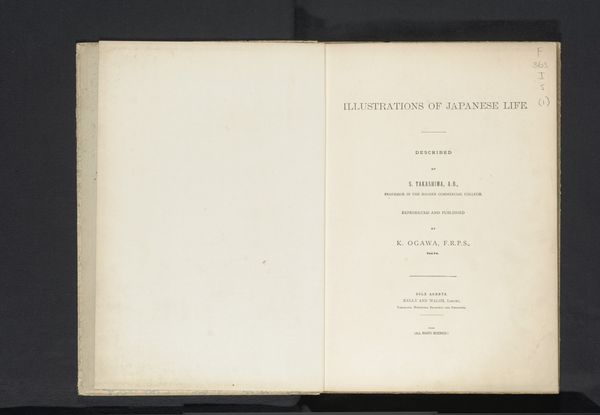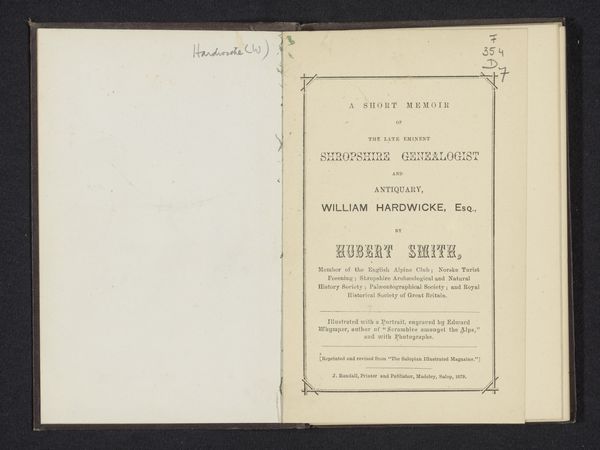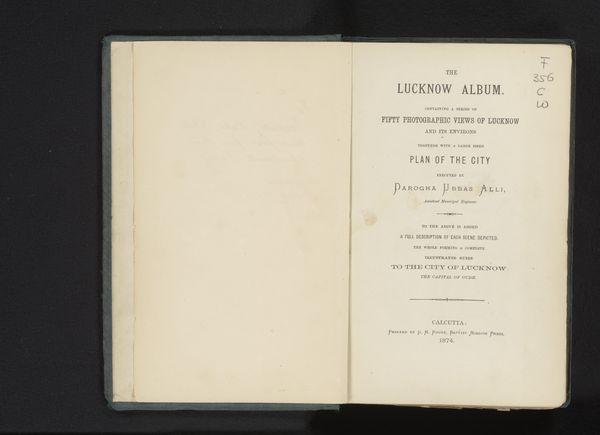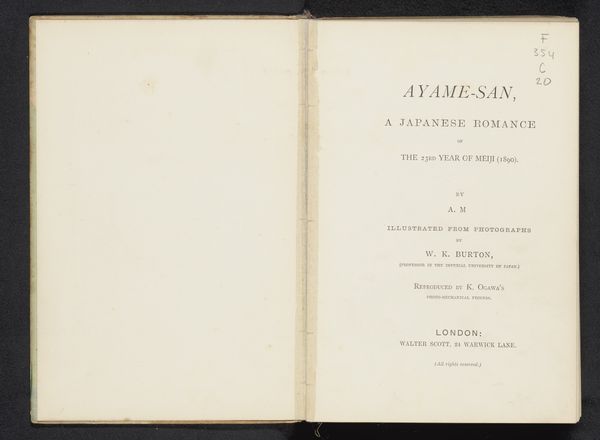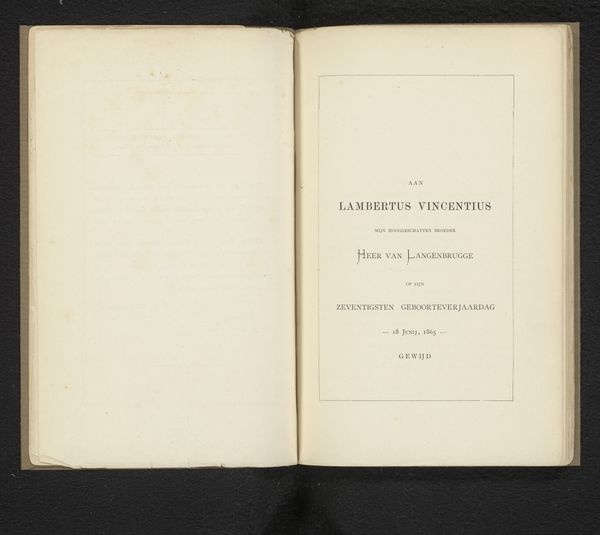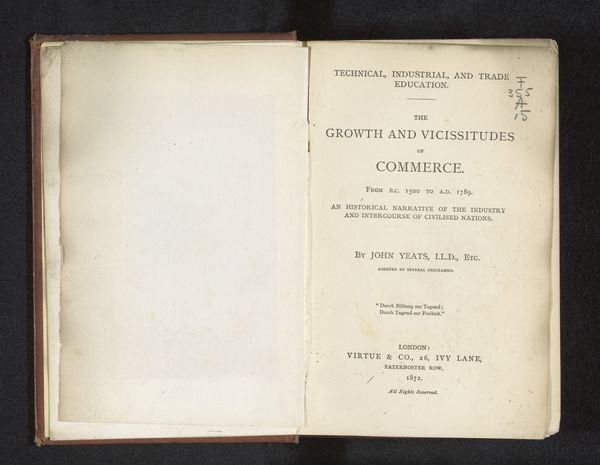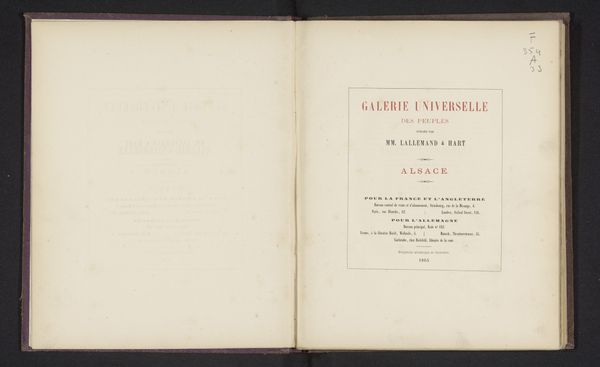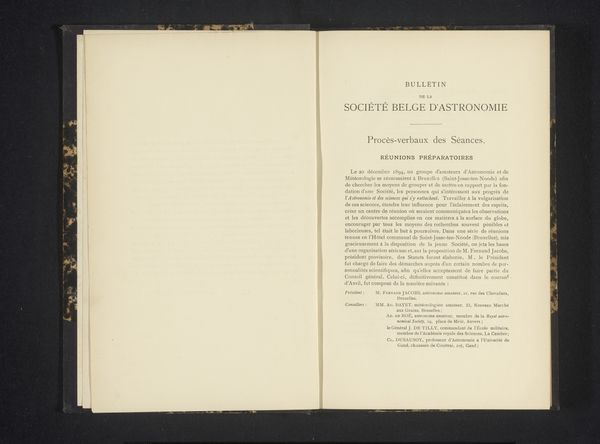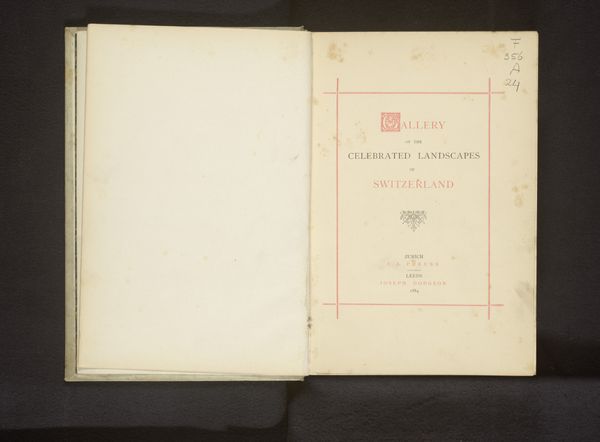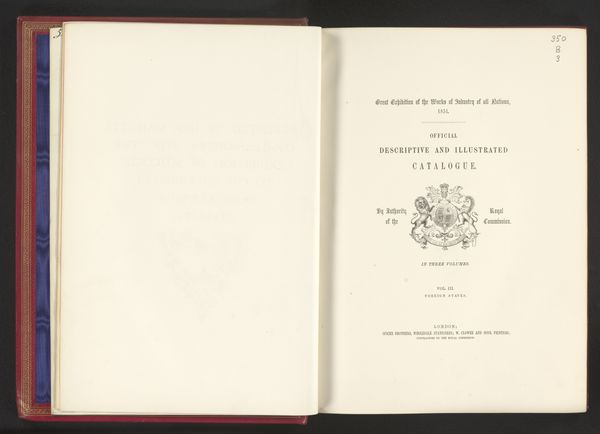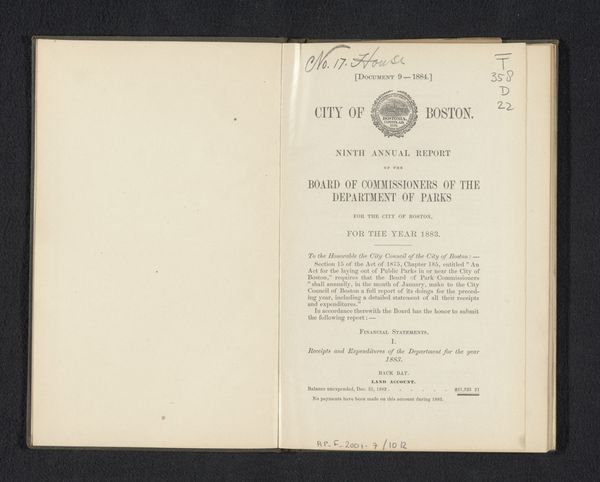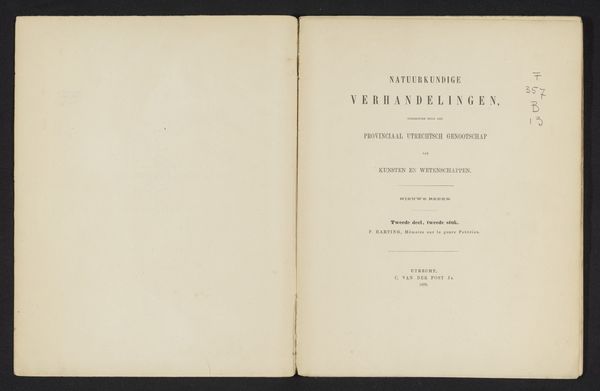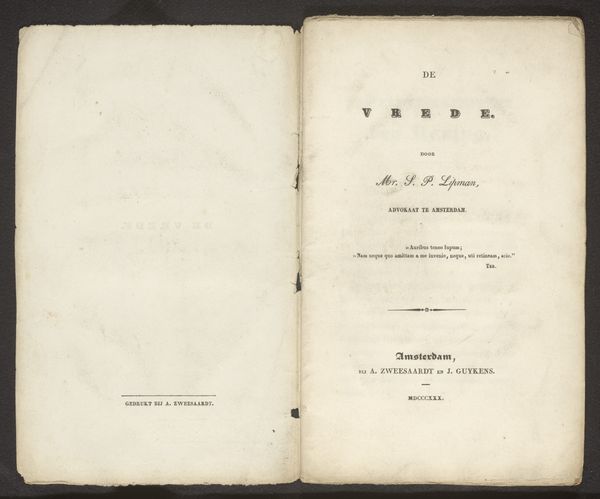
Supplement to Landscape gardening in Japan / by Josiah Conder; with collotypes by K. Ogawa 1893
0:00
0:00
kellywalshltd
Rijksmuseum
#
aged paper
#
homemade paper
#
paperlike
# print
#
paper texture
#
folded paper
#
thick font
#
delicate typography
#
golden font
#
historical font
#
small font
Dimensions: height 364 mm, width 278 mm, thickness 24 mm
Copyright: Rijks Museum: Open Domain
This book, 'Supplement to Landscape Gardening in Japan', a collotype by K. Ogawa, unveils a dialogue between nature and culture. Consider the garden, a motif deeply embedded in the human psyche. Gardens, historically, have been symbolic sanctuaries—think of the Garden of Eden, a paradise lost, or the hanging gardens of Babylon, architectural marvels evoking dreams of earthly perfection. In Japan, this concept evolves. Gardens are not mere adornments but spiritual landscapes, miniature worlds reflecting profound philosophical ideas. The careful arrangement of stones, water, and plants mirrors a quest for harmony and balance. These gardens echo in various forms across cultures. The Western Renaissance saw manicured gardens symbolizing control over nature, while the Islamic world prized gardens as representations of paradise, replete with flowing water and fragrant flora. Here, the garden transcends its physical form, becoming a potent symbol of the human desire to find order and beauty in the chaos of existence. It appeals to our deepest subconscious longings for tranquility, order, and a return to a state of natural harmony. These landscaped scenes beckon us, offering solace and provoking a silent dialogue with our innermost selves.
Comments
No comments
Be the first to comment and join the conversation on the ultimate creative platform.
